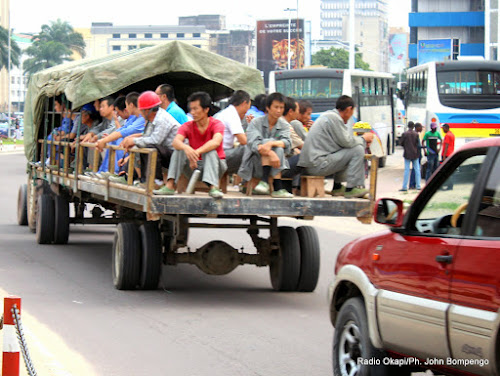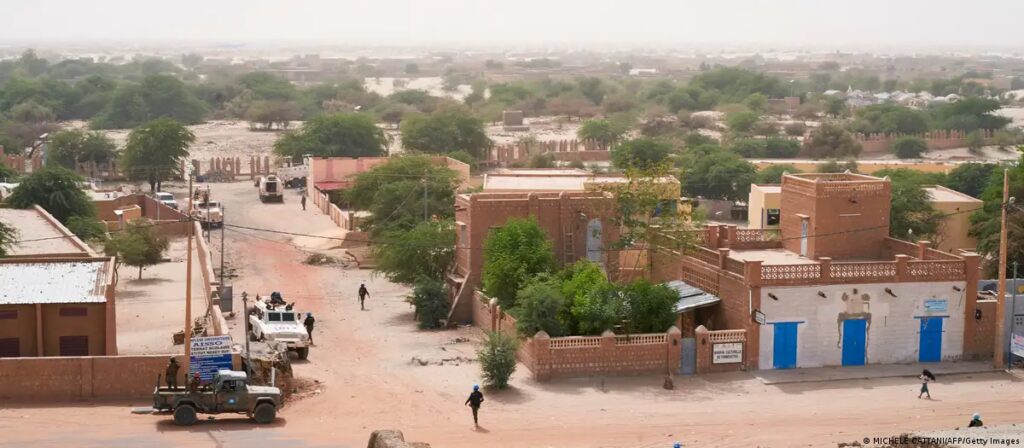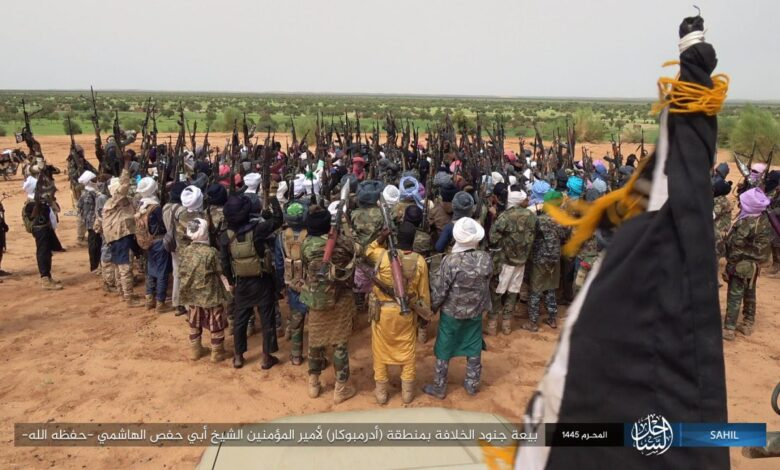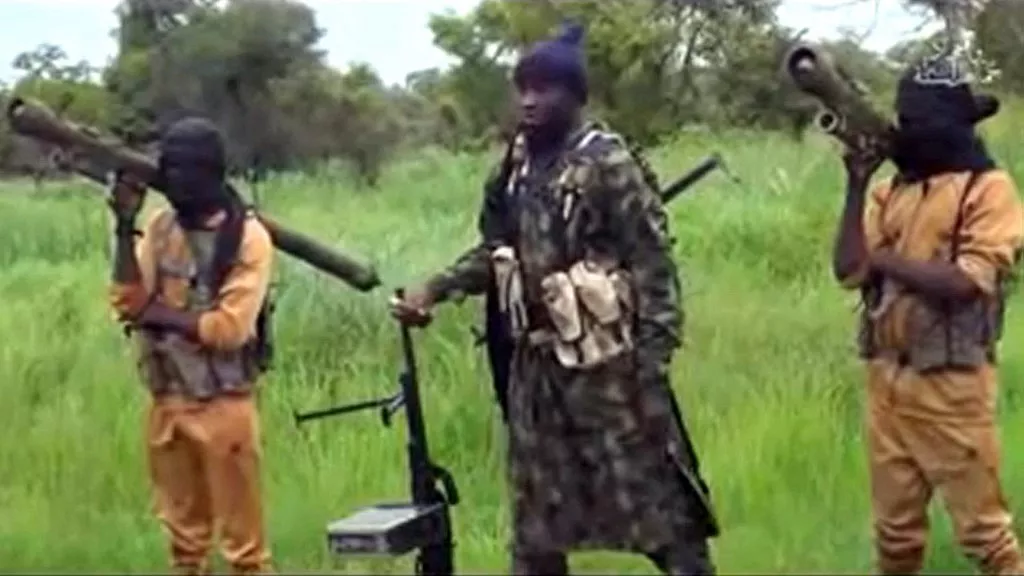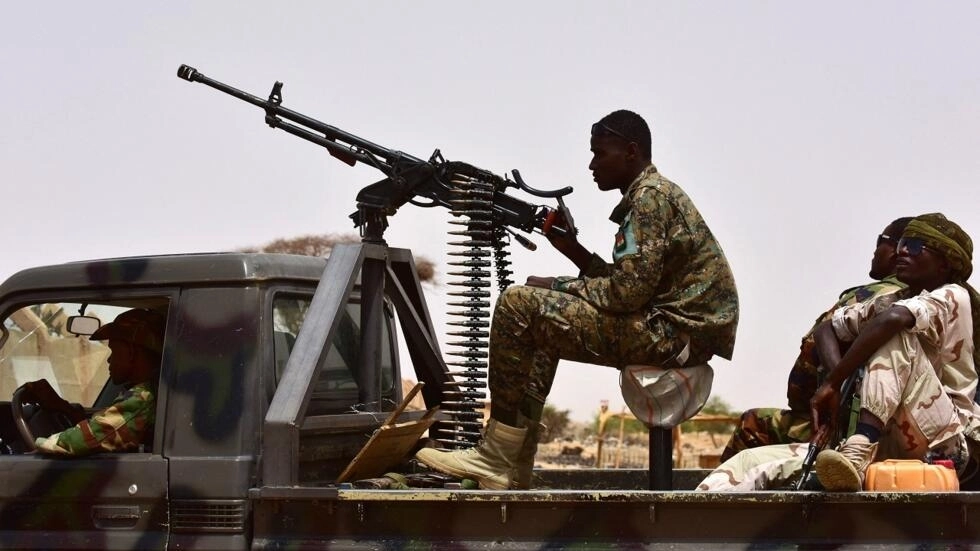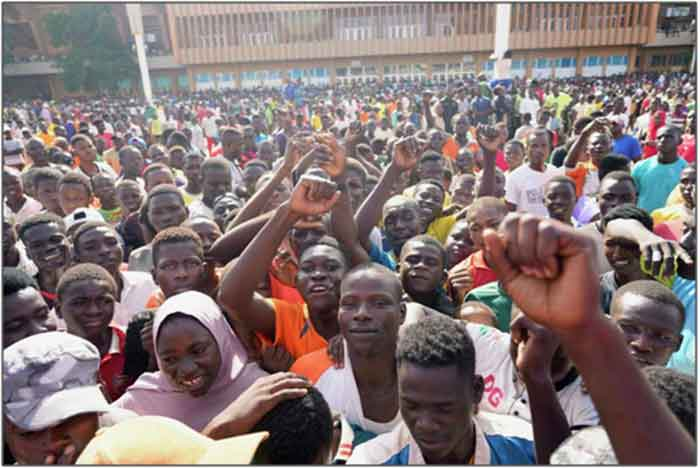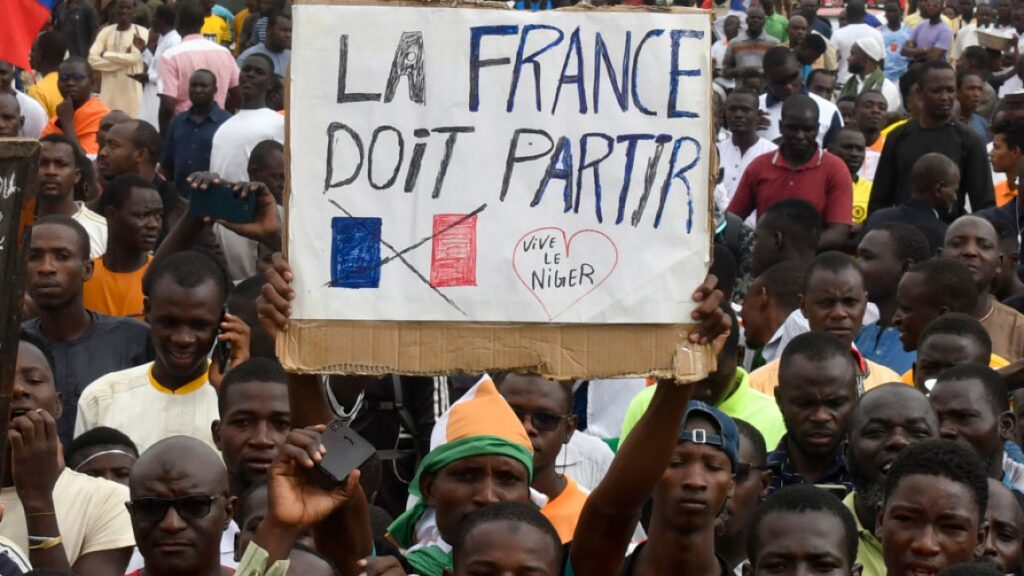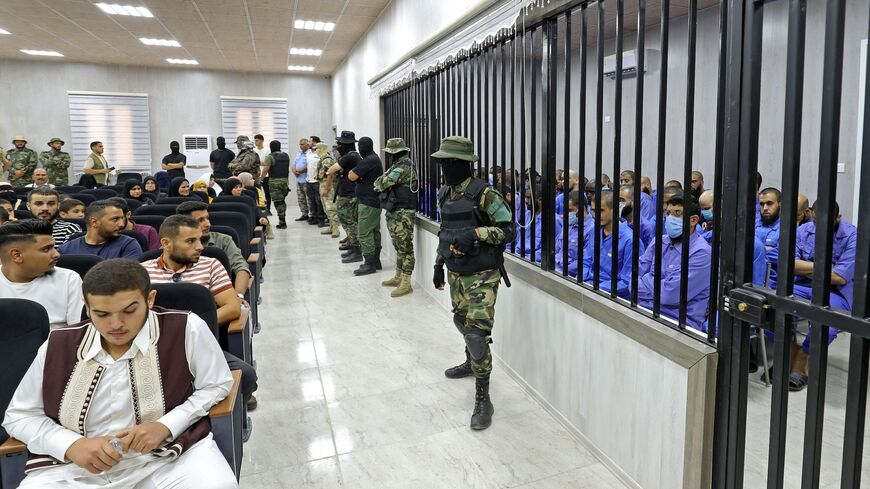Lutte contre la migration irrégulière : l’Afrique de l’Ouest invitée à une politique communautaire
Aucun pays ne peut à lui seul mettre fin à la migration irrégulière, selon un membre de la société civile sénégalaise.
Au Sénégal comme dans d’autres pays ouest-africains, il y a une résurgence de la migration irrégulière avec des candidats qui embarquent dans des pirogues et d’autres qui prennent la route. Face à la complexité du phénomène, les pays de l’Afrique de l’Ouest doivent mutualiser leurs forces et harmoniser leurs politiques de lutte, selon Mamadou Mignane Diouf, Coordonnateur du Forum social sénégalais, qui a plaidé pour une « politique communautaire de lutte contre la migration dite irrégulière, à l’instar de l’Union européenne ».

